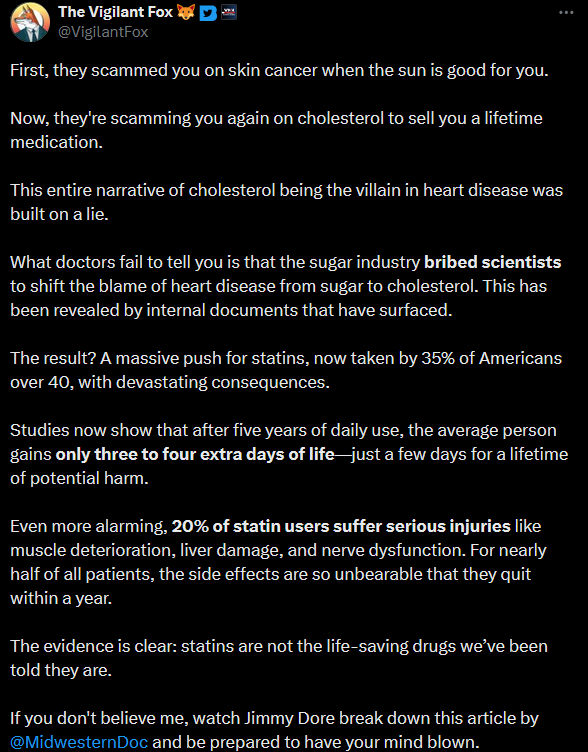the_dunk_tank
It's the dunk tank.
This is where you come to post big-brained hot takes by chuds, libs, or even fellow leftists, and tear them to itty-bitty pieces with precision dunkstrikes.
Rule 1: All posts must include links to the subject matter, and no identifying information should be redacted.
Rule 2: If your source is a reactionary website, please use archive.is instead of linking directly.
Rule 3: No sectarianism.
Rule 4: TERF/SWERFs Not Welcome
Rule 5: No ableism of any kind (that includes stuff like libt*rd)
Rule 6: Do not post fellow hexbears.
Rule 7: Do not individually target other instances' admins or moderators.
Rule 8: The subject of a post cannot be low hanging fruit, that is comments/posts made by a private person that have low amount of upvotes/likes/views. Comments/Posts made on other instances that are accessible from hexbear are an exception to this. Posts that do not meet this requirement can be posted to !shitreactionariessay@lemmygrad.ml
Rule 9: if you post ironic rage bait im going to make a personal visit to your house to make sure you never make this mistake again
view the rest of the comments

The number needed to treat for cardiovascular benefit is pretty high, so it's a pretty marginal difference for your relative.
1 in 50 for higher risk and 1 in 150 for lower risk individuals, over five years of treatment.
However at the population level, applying that two percent reduction means for 10,000,000 people you're looking at 200,000 less heart attacks (and similar events) over five years.
I think it's important for information to be communicated transparently - if your doctor tells you that taking statins will reduce your risk of dying from a heart attacks by half, and elsewhere you see that only 1 in 50 people over five years benefits, then a normal response would be to lose trust in the conventional medical establishment (even though both those statements can be true).